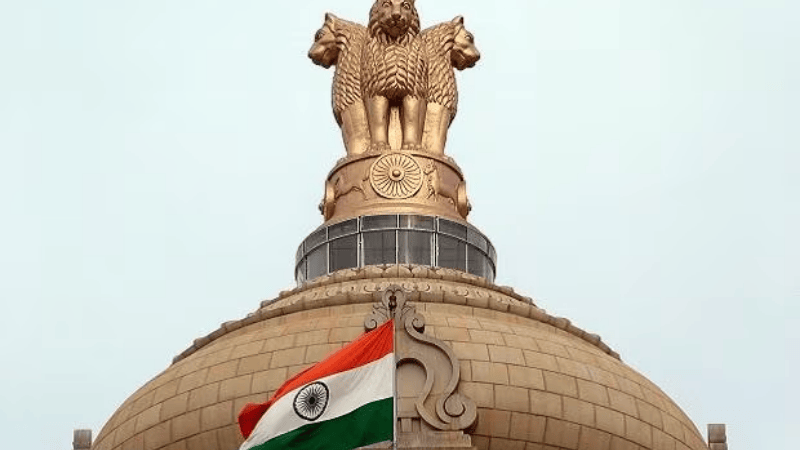How Many IAS Officers Are Selected Every Year? Every year, lakhs of aspirants compete in the prestigious UPSC Civil Services Examination (CSE) with dreams of becoming Indian Administrative Service (IAS) officers. This aspiration is one of the most challenging pursuits in India, with only a select few making it to the final list. But how many IAS officers are selected annually? On average, around 180 candidates are chosen each year, though this number may vary depending on administrative needs, retirements, and vacancies.
The process of selection is rigorous, involving multiple stages, including the Preliminary Exam, Mains Exam, and an Interview. These limited spots make the IAS one of the most sought-after and competitive services in the country, highlighting the dedication required for success.

Average Number of IAS Officers Selected Each Year
On average, approximately 180 IAS officers are recruited annually through the UPSC Civil Services Examination. This number, recommended by the Baswan Committee, ensures a balance between administrative requirements and the capacity of the Lal Bahadur Shastri National Academy of Administration (LBSNAA), where IAS officers undergo training.
However, the number of officers selected may vary based on factors such as retirements, the sanctioned strength of IAS officers, and vacancies announced by the government. For example, in 2023, the UPSC indicated a total of 180 vacancies for IAS officers.
Trends in IAS Officer Recruitment
Looking back at previous years, the pattern of selecting around 180 IAS officers has remained consistent. This steady number aligns with the government’s approach to maintaining administrative efficiency while addressing the shortage of officers in certain states.
The total sanctioned strength for IAS officers across the country is 6,858. However, as of January 2024, the actual number of officers in position was 5,542, leaving 1,316 posts vacant. To bridge this gap, there have been recommendations to increase the annual recruitment to 200–250 officers.
Category-Wise Selection of IAS Officers
The UPSC selects IAS officers from different categories, ensuring fair representation across India’s diverse population. In 2023, the selection numbers were as follows:
| Category | Selected IAS Officers |
| General (GEN) | 73 |
| Economically Weaker Section (EWS) | 17 |
| Other Backward Classes (OBC) | 49 |
| Scheduled Castes (SC) | 27 |
| Scheduled Tribes (ST) | 14 |
| Total | 180 |
Last Rank Selected for IAS
The final rank required to secure an IAS post varies yearly, depending on the number of vacancies and the merit list. In 2023, the last ranks for IAS across categories were:
| Category | Last Rank for IAS |
| General (GEN) | 78 |
| Economically Weaker Section (EWS) | 278 |
| Other Backward Classes (OBC) | 435 |
| Scheduled Castes (SC) | 567 |
| Scheduled Tribes (ST) | 625 |
These ranks highlight the intense competition, with even the smallest difference in scores significantly affecting the selection outcome.
Recommendations of the Baswan Committee
The Baswan Committee, established to review and reform the structure of India’s Civil Services, played a crucial role in determining the recruitment of IAS officers. Some of its key recommendations included:
- Fixed Annual Recruitment: Maintaining an annual intake of 180 IAS officers to address the shortage while ensuring quality training.
- Changes in Exam Pattern: Emphasizing analytical skills over rote learning.
- Reducing the Upper Age Limit: Attracting younger candidates to the services.
- Extended Training Period: Enhancing the administrative preparedness of newly recruited officers.
These reforms aim to ensure that the Civil Services remain efficient, fair, and adaptable to evolving governance needs.
The selection of IAS officers remains a testament to India’s robust recruitment system for administrative excellence. If you’re an aspirant preparing for the UPSC CSE, this understanding of selection trends and processes can guide your preparation journey.
Stay Updated on the Latest Education News
To stay informed about the latest updates in education, board exams, college admissions, and study abroad opportunities, follow us regularly.

